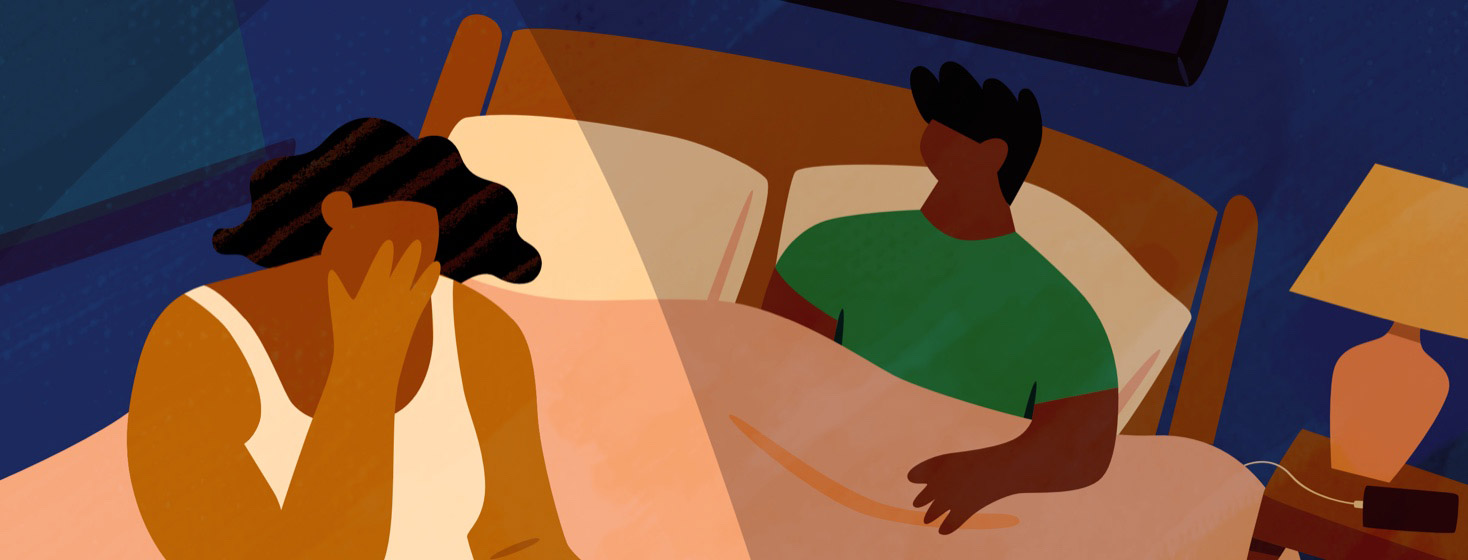Intimacy Issues and HIV
“If you don't love yourself, you won't be happy with yourself. If you can't love yourself, you can't love anyone else. You can't give the love you do not have. You can't make anyone love you without loving yourself first.” ― Kemi Sogunle
Everyone has various beliefs about self-intimacy and intimacy with others. Although, when you go through a traumatic event or have certain mental health issues, these beliefs can be challenged. Personally, my HIV diagnosis challenged all my intimacy beliefs.
Intimacy beliefs related to me
A massive aspect of intimacy beliefs related to self relies on an individual being able to take care of their own emotional needs. To some people, this may seem like no big deal. Unfortunately, this can become challenging for somebody who has gone through something traumatic.
For a healthy life, an individual should be able to calm and soothe themselves. For example, they should be able to manage their anxiety on their own. One of the hardest aspects of self-intimacy is having the ability to be alone, yet not feel lonely or empty. While it may seem hard, it is an important component.
Intimacy beliefs related to others
One of our basic human needs is to have a connection with other people. When it comes to intimacy with others, it can be both emotional and physical. Individuals need to believe that they can make various types of safe emotional connections with other people.
Physical intimate relationships can be both platonic and sexual. A platonic physical intimacy can involve hugs or hand-holding. Many friendships involve this type of connection, but it can be challenging for somebody whose intimacy beliefs with others have been disrupted.
On a deeper level, physical sexual intimacy with others can be extremely challenging, especially after a traumatic event such as an HIV diagnosis. It is important for individuals to understand that they still have value. Additionally, while not everyone may want to be with them, there will be individuals who do.
This or That
Has your HIV status had an impact on your intimacy
My mental health
Intimacy, both emotional and physical, can be very beneficial to individuals dealing with mental health issues. The unfortunate aspect of it is that some mental health issues can make intimacy difficult for an individual. While an individual may feel that it is safer to withdraw from others, it can actually make things worse for their conditions.
My personal intimacy beliefs
This section of cognitive processing therapy was hard for me to get through. I spent the equivalent of two sessions working on this same module. Additionally, I spent more time working on “homework” worksheets.
The homework involved working through some challenging belief worksheets, with the focus being on intimacy and trust issues. This is where I took my stuck points and tried to work through them until I was able to develop an alternative thought. Despite this, I do still struggle with intimacy with others due to my HIV diagnosis. It is simply something that I need more time to work through.
My Symptoms
Currently, I am aware that I have some low intimacy beliefs towards myself and I have quite a few low intimacy beliefs about other people. I have current symptoms that indicate these low intimacy scores.
Some of the symptoms I have that indicate low intimacy beliefs related to self include:
- Fear of being alone forever
- Seeking external sources of comfort, such as shopping
- Perfectionism
- Inability to calm panic attacks, without medication or my dog
Some of the symptoms I have that indicate low intimacy beliefs related to others include:
- Emptiness and isolation
- Not sharing my true feelings or personality (everybody has a different version of me)
- Failure to experience a sense of connectedness with others
An example of one of my stuck points is that nobody will want to be with me due to my status. While I have been able to create the alternative thought that simply some people will not be interested, but those are probably people that I did not need in my life. Additionally, there are people in serodiscordant relationships. I simply have to try to find mine.
Working on ourselves
While they vary, both intimacy beliefs related to self and to others are important components of our mental health. It is important that we are able to work on these components if needed so that we are able to be a better version of ourselves.
How are your intimacy beliefs related to self and to others? What effect have they had on your life?

Join the conversation